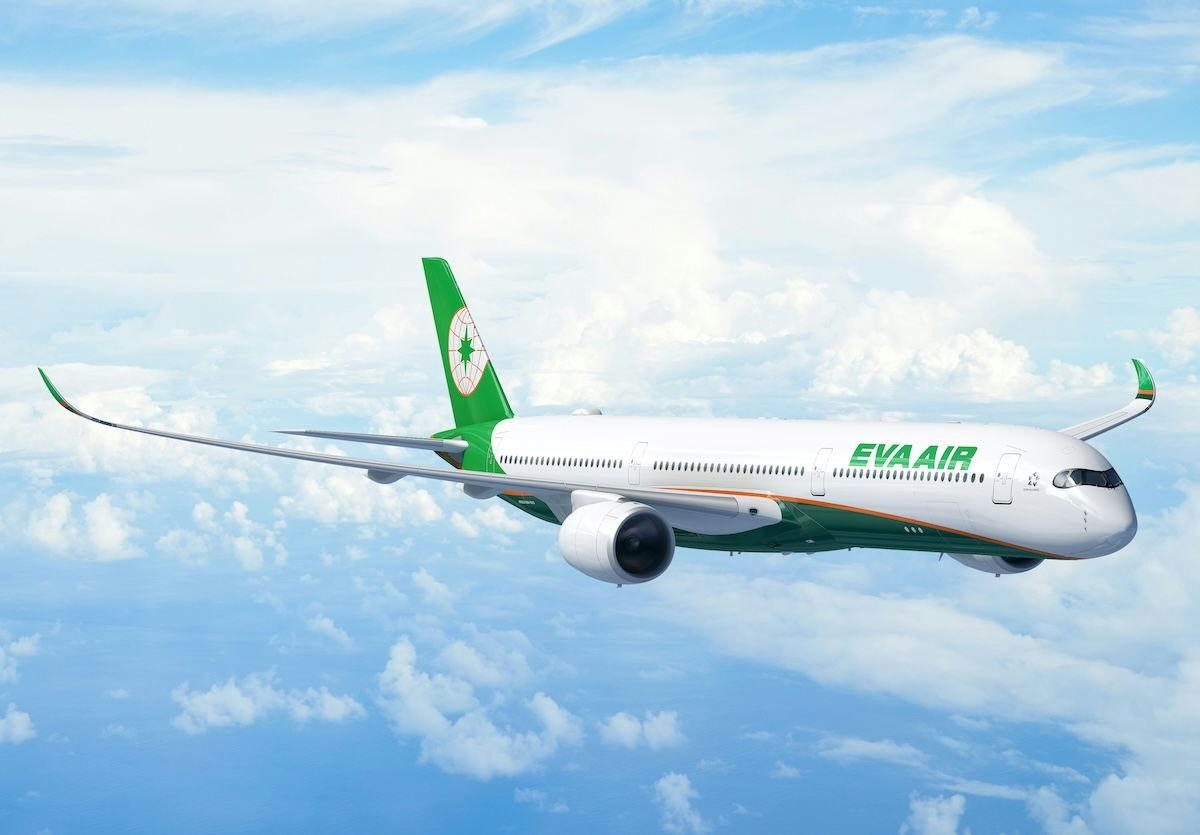AeroGenie — Your Intelligent Copilot.
Trending
Categories
Potential New Order for Airbus A350-1000

Potential New Order for Airbus A350-1000
Ambitious Aviation Plans Under Vision 2035
Airbus is poised to secure a substantial order for its A350-1000 aircraft as Nepal’s newly established Gatisheel Loktantrik Party unveils an ambitious strategy to revitalize the country’s aviation sector. Central to this initiative, known as Vision 2035, is the leadership of Birendra Bahadur Basnet, an industry veteran instrumental in the development of Buddha Air. The party’s overarching goal is to overhaul Nepal Airlines and significantly enhance the nation’s connectivity on the global stage.
Vision 2035 outlines bold economic targets, including the creation of three million high-paying jobs and the attraction of five million tourists annually. Basnet emphasizes that realizing these objectives necessitates a comprehensive expansion of Nepal Airlines’ fleet, transitioning to modern and efficient aircraft. At present, the national carrier operates a modest fleet of six aging planes, with an average age approaching two decades. This fleet includes Airbus A320s, A330s, and the notably dated DHC-6 Twin Otter, which has been in service for over 40 years.
The Role of the Airbus A350-1000 in Nepal Airlines’ Expansion
A cornerstone of the party’s aviation strategy is the acquisition of the Airbus A350-1000, intended to serve as the flagship aircraft for Nepal Airlines’ international growth. The A350-1000’s capacity and fuel efficiency are expected to transform the airline’s operational capabilities, enabling it to accommodate a surge in tourism and improve Nepal’s global connectivity. The proposal envisions an aggressive fleet expansion, with five new aircraft added annually, ultimately increasing the fleet size to 50—an ambitious leap from the current scale.
Despite the potential benefits, the proposed order presents significant financial and operational challenges. The capital investment required for such a large fleet of A350-1000s is substantial and could exert considerable pressure on Nepal Airlines’ financial stability. While some industry analysts interpret the move as a strong endorsement of Airbus’s wide-body aircraft, others express reservations about the airline’s capacity to manage increased debt, especially in light of its historical financial difficulties and allegations of corruption.
Market Dynamics and Strategic Responses
The potential order is also likely to provoke competitive responses, particularly from Boeing. The American manufacturer may emphasize the advantages of its own wide-body aircraft, especially if Nepal Airlines’ shift signals a broader move away from traditional cargo models toward specialized passenger or freighter aircraft. Additionally, the overall demand for wide-body jets in the region will influence not only Nepal Airlines’ future orders but also those of other carriers.
To mitigate these challenges, the Gatisheel Loktantrik Party proposes restructuring Nepal Airlines through a public-private partnership. Under this model, the government would retain a minority stake while private investors hold the majority share. This approach, adopted by several national carriers globally, aims to combine state support with the operational flexibility and capital access afforded by private ownership.
Basnet and his party remain optimistic about the prospects of their vision, seeking to distinguish themselves from traditional political actors by prioritizing economic outcomes over political considerations. Should the plan succeed, the introduction of the Airbus A350-1000 could herald a transformative era for Nepal’s aviation industry, contingent on overcoming the significant financial, operational, and market challenges ahead.

Emirates Unveils Cabin Design for New Boeing 777X

Eighteen Years On, the Airbus A380 Remains Central to a $34 Billion Airline

How a boom in luxury airline seats is slowing down jet deliveries

Navitaire Outage Attributed to Planned Maintenance

DigiYatra Debuts Outside Aviation at India AI Impact Summit

Vietnam Orders Strengthen Boeing’s Commercial Outlook

Airbus Signals Uncertainty Over Future A400M Orders

JobsOhio Awards $2 Million Grant to Hartzell Propeller for Innovation Center

Collins Aerospace Tests Sidekick Autonomy Software on YFQ-42A for U.S. Air Force CCA Program

How the Airbus A350-1000 Compares to the Boeing 777
